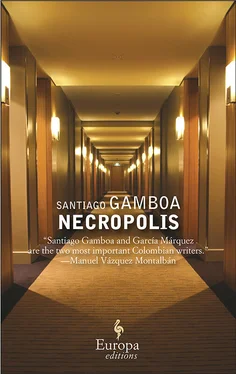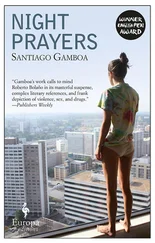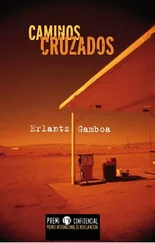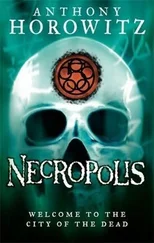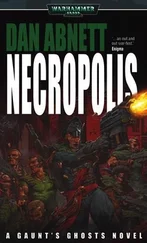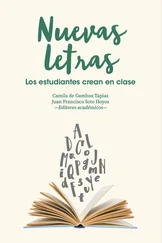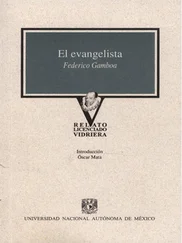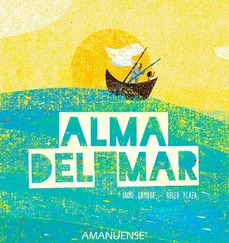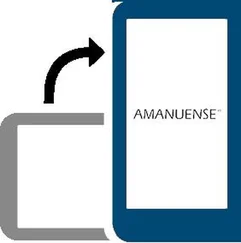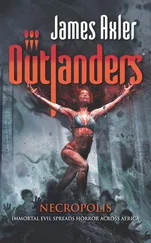A moment later, a fat man with a nose like a potato approached me and said, you don’t know me, my friend, allow me to introduce myself, my name’s Leonidas Kosztolányi and I’m a delegate at this conference. He gave a bow, which seemed very appropriate amid all these tapestries and big velvet drapes, and on hearing my name added, yes, yes, I read your résumé, you’re the writer, a pleasure to meet you. Then he approached my ear and said, I suspect this champagne is too mild for the complexity of our minds, come, let’s go over there, I think they have something more substantial.
At the drinks table, I asked for a double whiskey with two cubes of ice, and when I had it in my hand — I had decided to forget my doctor’s warnings for a while — I was ready to listen to Kosztolányi, who asked me if I knew his city, Budapest, to which I replied, yes, I do, and what’s more, I said, I consider it one of the most beautiful in the world. In an antique shop in the Jewish ghetto, near the synagogue, I bought a small model plane made of metal, which I still have on my desk, next to my books of poetry. The man responded by striking himself on his stomach, that’s good, poets and aviators, of course, Saint-Exupéry and all that, very good, and then he said, you just mentioned an antique shop, which struck a chord with me, my passion is for things of the past, objects created by hands that are no longer with us but are now just ash or earth, anyway, I’m sorry if I’m waxing lyrical, you’re a writer and that’s why I allow myself such license, my interest is in those things that have a patina on their surface that could be the patina of memory, the air of times gone by, and you must be wondering, listening to me, do objects have a memory? I hasten to say, yes they do, of course they do, you just have to know how to approach them, how to put your hands around a statuette or a piece of porcelain and listen; that is when, suddenly, there appear images, things that were lived, words that echo, souls that are no longer with us, people who once populated this old world and surrounded themselves with beautiful things in order, no doubt, the better to bear the essential tragedy of life, which is its brevity, don’t you think so? As I was about to answer he continued speaking — I realized that his questions were rhetorical — and said, you are one of the most interesting people at this conference and I’m going to tell you why, it’s because you’re new, I mean, new to these biographical debates, many of us have met before on other stages, doubtless less dramatic ones, I’ll give you an example, do you see that man over there? he said, pointing to a bald man, that’s Edgar Miret Supervielle, the famous bibliophile, you probably saw him on the list, and well, he and I usually meet at antique book fairs, philatelic or antiques trade events; I can tell you he’s a thoughtful and highly cultured man, with a keen nose for business and an uncommon ability to spot a lie, but he’s a genius, believe me, a real genius. On hearing this I felt a certain unease, realizing the extent to which I was an impostor in this group, so I said, thank you for considering me interesting, I’m here to learn about all of you. Suddenly Kosztolányi, who was clearly not listening, said, come, my friend, I see Supervielle has been left on his own, it’ll be a pleasure to introduce you. The man arrived and held out his hand, which I shook firmly; then he repeated my name and said, ah, I know you, you’re the writer, the only one among us who writes fiction, isn’t that so? a true artist, and I said, well, if we abide by the traditional definition perhaps yes, although I believe that any act of writing has. . a connection with the shadowy areas where esthetics lie. Kosztolányi got excited and said, very good, shadowy areas! that’s what I call speaking, this is the beginning of a true friendship and that deserves another drink, don’t you think? of course it does.
With our glasses full, I asked Supervielle if he lived in Israel, and he replied, yes and no, I have a house in the Negev Desert, to the south of Jerusalem, and an apartment in Paris, which is my base for some of my European business, but my family is spread around the world, one son in New York, another in Costa Rica and a daughter in Buenos Aires, can you imagine, you’re Colombian, aren’t you? Yes, I said, and what does your daughter do in Buenos Aires? and he replied, well, you know, a question of love, she married a colleague of mine, a bibliophile and a treasure hunter, like me, only Argentinean, I should tell you that of course I was opposed to the marriage and the truth is that even today, seven years later, it makes my blood boil, a young woman of twenty-eight with a man of fifty-six, is that normal? I was not sure what to reply, because age is no impediment to anything, so I shrugged, but he said, any age may have its mitigating points but in this case there’s an aggravating circumstance, which is that he was my partner in two bookstores, one in Madrid and the other in Buenos Aires, and to tell the truth, I must say it was and still is strange to know that I am working to build a legacy that, on my death, through my daughter, will pass to my partner, do you see? I try not to think about it when I add to the family capital, because I could very easily argue that he ought to contribute more, but in the end, this is all nonsense, the ramblings of a grumpy old man, what matters is my daughter, not that I’m saying she’s exactly happy, because marriage, as I’m sure you know, has the same decaying effect on love that heat and the passing of the days has on meat, turning it into a shapeless and foul-smelling mass, that’s why I know that she isn’t happy, but never mind, that’s life and what’s done is done, I’ve been to visit them a couple of times and I was dazzled by Buenos Aires, its bookstores are like the wreck of a sunken liner, I’ve found some amazing titles, it’s a highly cultured country, a country of immigrants, and there are books in every language, it’s magnificent, and I said, I agree with you there, Monsieur Supervielle, I also like books, first editions of authors I admire, and I have one or two important ones myself, like A Poet in New York , by Federico García Lorca, Editorial Séneca, Mexico City, 1940, with original drawings and an introduction by José Bergamín. As I said this I noticed that Supervielle was changing, a sharp expression came into his eyes and he nervously raised his thumb to the base of his nose and pushed it up, then said, very interesting title, if you don’t mind my asking, did you inherit it? was it a gift perhaps? may I know where you obtained it? I’m sorry, my friend, it’s a professional deformation, but I hastened to say, it’s not a secret, I bought it in a bookstore in Seville for not much money, I don’t remember the name, it wasn’t a specialized store and it’s possible they didn’t know its value, I felt a bit guilty when I bought it, I confess, and Supervielle said, you don’t have to justify yourself, my dear colleague, as you can imagine, being a bibliophile I don’t have that kind of scruple, I think objects, like people or civilizations, have a destiny, or many destinies, given that they’re perennial, that’s why it’s normal that they should pass from hand to hand, just like antiques; whatever is valuable and beautiful ennobles a life, but then must pass to someone else and then someone else until the cycle is complete, don’t you think so, my friend? sometimes the cycle ends with fire or at the bottom of the sea or simply turns into something else, into parts of something greater, anyway, Leonidas, do you agree with my appraisal? Kosztolányi seemed to wake up and said, very much so, Edgar, yes indeed, and as the talk is acquiring the muddy color of profound matters, I suggest we have another drink.
Читать дальше
